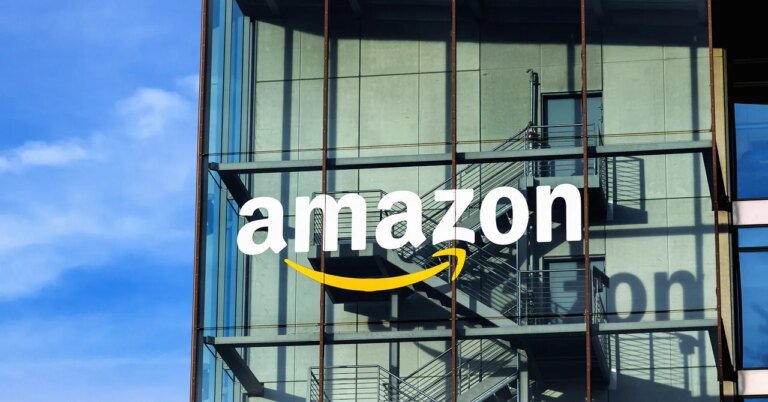OpenAI has signed a multi-year deal with Amazon to buy $38 billion worth of AWS cloud infrastructure to train its models and serve its users.
The deal is yet another sign of the AI industry becoming increasingly entangled, with OpenAI now at the center of major partnerships with industry players including Google, Oracle, Nvidia, and AMD.
The AWS agreement is also notable because OpenAI rose to prominence in part through its partnership with Microsoft—Amazon’s biggest cloud rival. Amazon is also a major backer of one of OpenAI’s key competitors, Anthropic. Amazon and Microsoft are currently developing their own AI models to compete with startups like OpenAI.
Many now worry that the race to build ever more infrastructure—and the unusual financial agreements behind the deals—are a sign of an AI bubble. Between 2026 and 2027, companies are projected to spend upwards of $500 billion on AI infrastructure in the US, according to reporting by financial journalist Derek Thompson.
Patrick Moorhead, chief analyst at Moor Insights & Strategy, says he believes that big tech companies and AI startups have a genuine need for more capacity and see a path to turn compute into profit. He adds that the new deal shows that Amazon is not such a laggard in AI after all. “Many people said they were down and out, but they just put $38 billion up on the board, right, which is pretty exceptional,” he says.
Moorhead adds that OpenAI’s strategy is to limit its dependence on any one cloud provider. “OpenAI is deploying with pretty much everybody at this point,” he says.
Amazon said in its announcement that it is building custom infrastructure for OpenAI. The setup features two kinds of Nvidia chips, GB200s and GB300s, which Amazon said will be used for both training and inference. The company also said the deal would provide OpenAI with access to “hundreds of thousands of state-of-the-art NVIDIA GPUs, with the ability to expand to tens of millions of CPUs to rapidly scale agentic workloads.”
OpenAI and other AI players appear to believe that agentic AI will become increasingly important as more users adopt AI tools to navigate the web.
“Scaling frontier AI requires massive, reliable compute,” OpenAI cofounder and CEO Sam Altman said in the announcement.
OpenAI said last week that it would adopt a new for-profit structure that should allow it to raise more money. While the company is still controlled by a nonprofit, its for-profit arm has become a public-benefit corporation.


